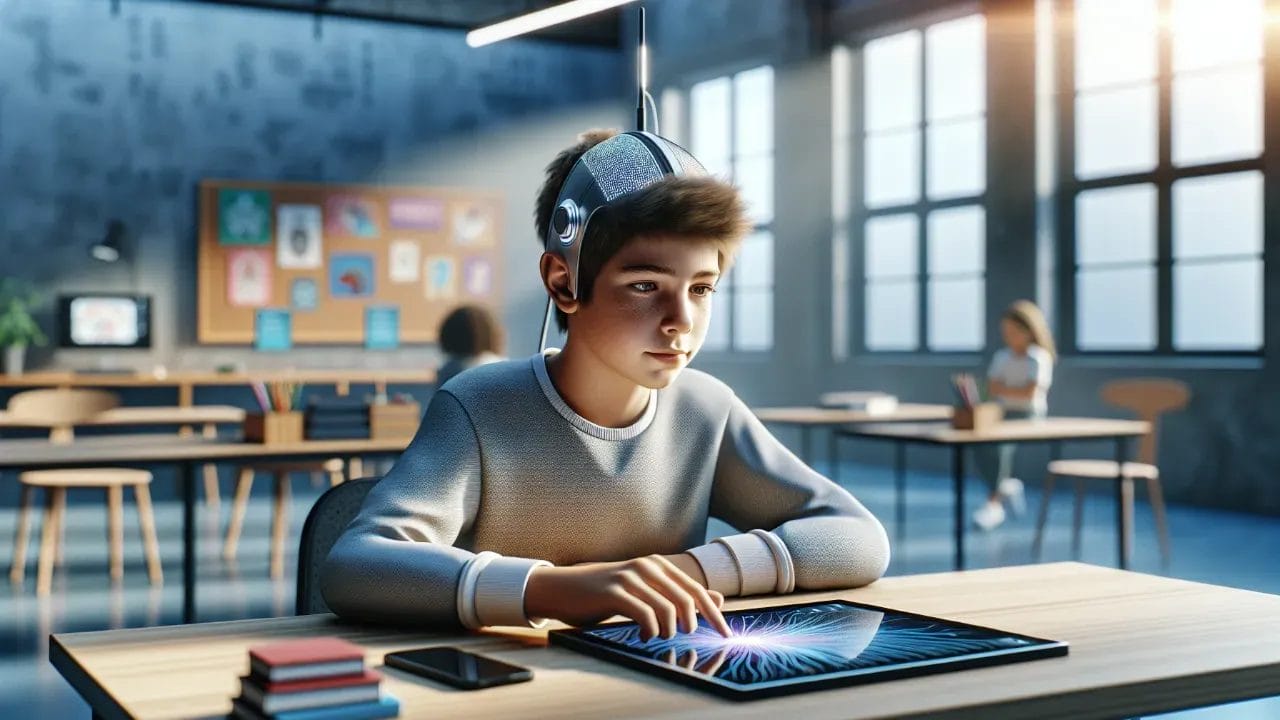Brain Zap! New ADHD Treatment Shows Promise
Hey there, science enthusiasts! Prepare to be amazed because there’s some electrifying news on the horizon. A recent study has shown that combining brain stimulation with cognitive training could be the key to unlocking a better life for children with ADHD.
ADHD, or attention-deficit/hyperactivity disorder, is like a superpower that sometimes gets a little too super. It’s one of the most prevalent neurodevelopmental disorders worldwide, affecting countless children. Imagine having a supercharged brain that just doesn’t want to slow down, leading to challenges with paying attention, bouts of over-activity, and impulsive behaviors. Traditional treatments involve medication and behavior therapy, but these methods may come with undesired side effects like headaches and loss of appetite.
Enter the dynamic duo from the University of Surrey and Hebrew University, who initiated an exciting experiment involving 23 unmedicated children aged between 6 to 12 years. Their method? A little harmless brain stimulation, using a mild electrical current, paired with cognitive training exercises like problem-solving and reading comprehension.
After just two weeks, over half the children showed a significant reduction in ADHD symptoms according to their parents’ observations, compared to only 17% in the control group who received placebo brain stimulation. Even three weeks after the trial ended, the positive effects of the treatment were still being reported by 64% of the test group. The study also found lasting changes in brain electrical activity patterns in the participants.
Roi Cohen Kadosh, co-lead of the study and professor of cognitive neuroscience at the University of Surrey, emphasizes the potential this non-invasive brain stimulation technique holds. Known as transcranial direct current stimulation (tRNS), it’s not only safe but also has minimal side effects, promising to transform the lives of children with ADHD and their families.
However, like all scientific discoveries, this one needs further testing. A larger multi-centre clinical trial is set to commence soon. If successful, this could revolutionize ADHD treatment and potentially benefit other neurodevelopmental disorders too!
So folks, it’s time to strap in and watch this space. The future of ADHD treatment is looking bright…and a bit electric!
Stay curious!


